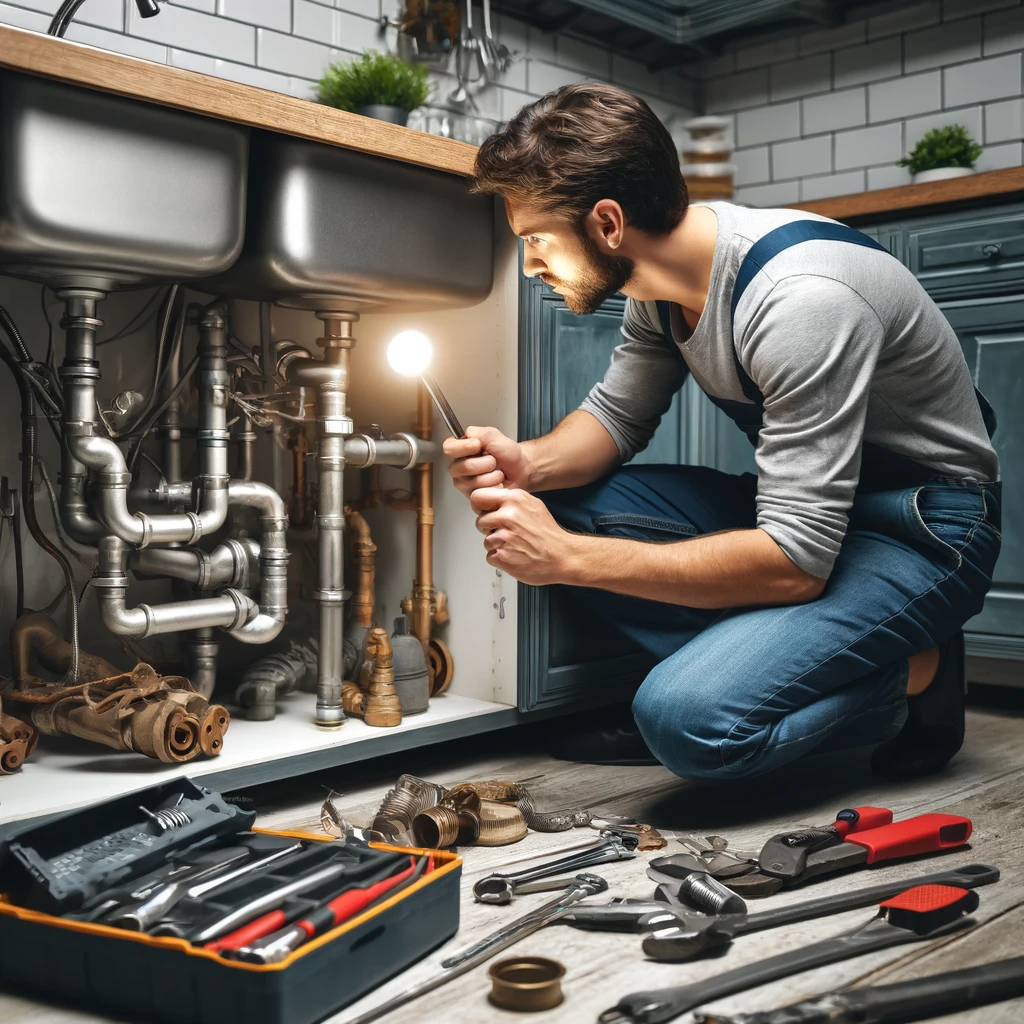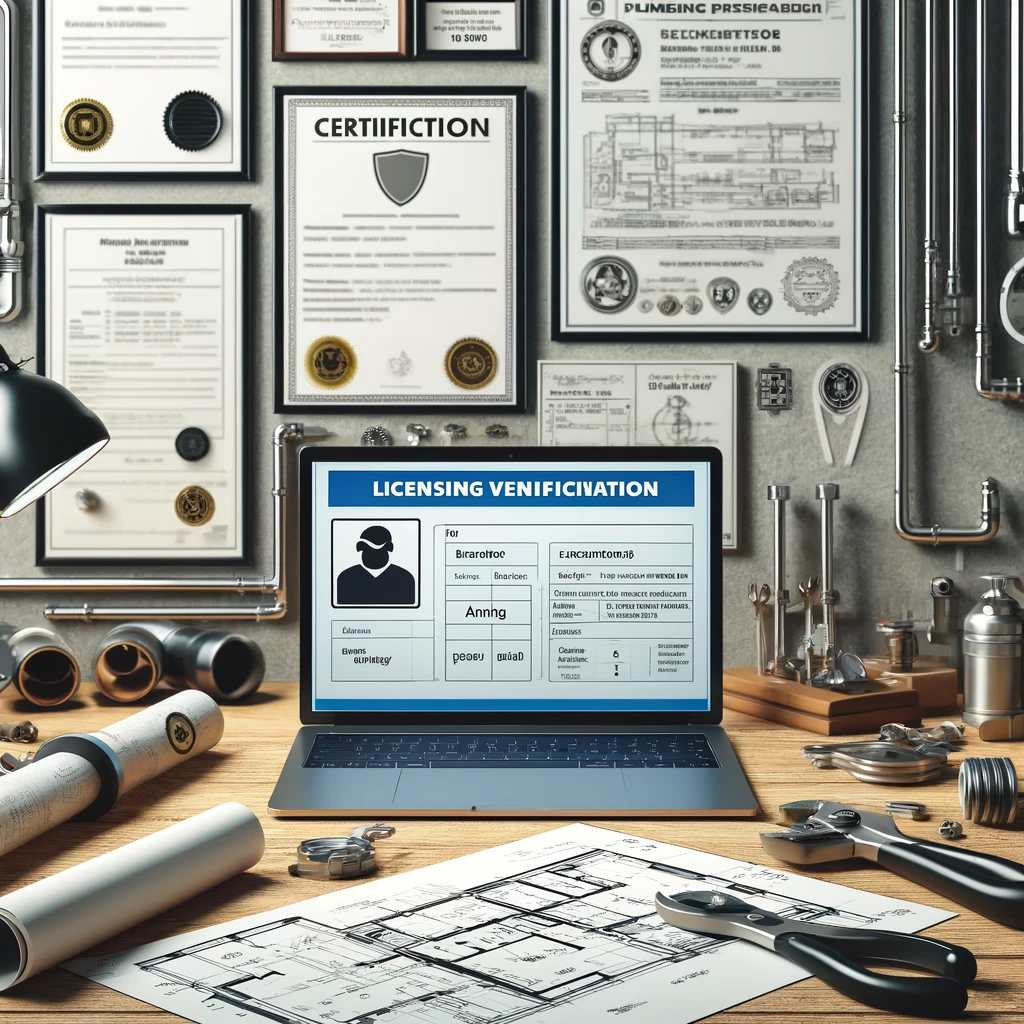When designing an autonomous heating system, homeowners do not always choose the right type of boiler. They choose between an electric boiler and gas equipment, but do not take into account the region of residence, the presence of a central gas pipeline, the cost of installation, design and maintenance of the device, ease of use and other factors.
Basic differences between electric and gas equipment
If you compare gas boilers with electric ones, you can distinguish three groups of differences:
- The method of heating the coolant. A gas boiler heats the liquid in the coil using a burner. In an electric boiler, the coolant is heated by electricity.
- Demands on the network. Both types of equipment are highly dependent on the performance of utility networks. For example, a gas boiler does not work well with gas pressure drops in the pipeline. The quality of an electric boiler depends on the voltage in the electrical network.
- Safety of use. Modern gas boilers eliminate gas leakage and the risk of explosion. But this equipment is still considered dangerous. It is equipped with control automation and requires permission to install. This cannot be said about electric boilers, which can be installed without special documentation. The main thing is that your electrical wiring matches the power of the equipment. If you compare the control methods of these units, you will not find any special differences. An electric boiler is controlled in the same way as a gas boiler. The latest models of units can even be configured remotely.
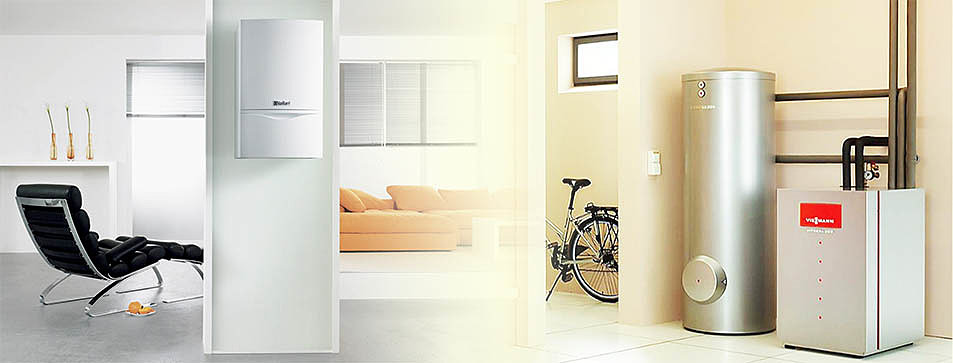
Both types of equipment have approximately the same efficiency ratings, which depend only on the boiler model. If we take gas units for comparison, the efficiency of most of them will reach 92%. This coefficient differs significantly only in condensing type devices. In them, it exceeds 100%.
In electric boilers that heat the coolant indirectly, the efficiency also does not reach 100%, since the thermal energy is partially dissipated and not absorbed by the liquid. The efficiency of these models is approximately the same as that of standard gas units. Only electrode equipment increases its efficiency to 100%. It is considered the most productive and economical.
Costs of installation and use of gas and electric appliances
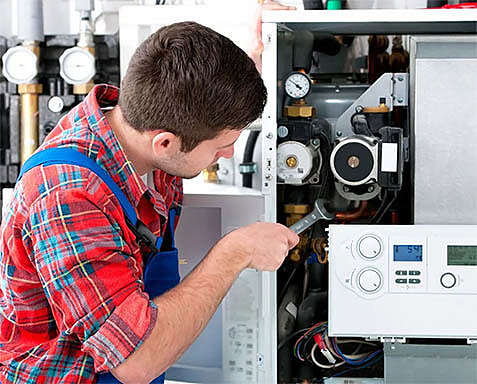
When comparing the costs of electric boilers and gas equipment, three parameters must be taken into account at once: fuel rates, the cost of the boilers themselves, and installation and maintenance rates. Let’s consider these parameters one by one.
Fuel costs
Gas and electricity are constantly becoming more expensive. But even under this condition, gas remains cheaper than electricity. Therefore, gas boilers are considered the most economical for good reason. However, manufacturers of electrical equipment decided to refute these conclusions and began to produce electric boilers that can work with a multi-tariff meter. This equipment is equipped with a special thermos, which also saves electricity. As a result, a boiler running on electricity consumes about 1/3 less energy than classic electric models.
Cost of units
If we compare models with similar characteristics, gas boilers will cost 40% more than electric ones. This is due to the complexity of the equipment and the presence of protective automation in it.
Installation and maintenance
When installing an electric boiler, you need to install a separate line to connect the device to electricity. This line must match the power of the unit. You must also have grounding. More stringent requirements are imposed on a gas boiler. You will need to register the device and prepare design documentation. All this is done for a fee.
Additional costs may be required to connect the pipeline to the house. The further the building is from the main line, the more it will cost to connect the boiler.
Do not forget about the requirements for the chimney. An electric boiler can be installed in any room, even in a living room. It does not emit combustion products and does not make noise during operation. Gas boilers can only be installed in separate rooms with a mandatory connection to the chimney. For some models, natural ventilation will not be enough. You will have to arrange a forced hood.
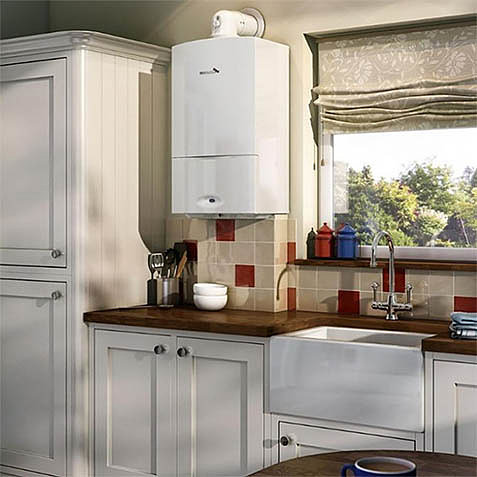
Maintenance of this equipment also varies in complexity and price. In an electric boiler, the main problem can be caused by the heater. Limescale accumulates on it when in contact with hard water. You can clean or replace the heating element yourself if you know how to work with electrical equipment.
A gas boiler requires more frequent maintenance. It must be cleaned every year and the heat exchanger must be flushed every few years. You will also have to clean the chimney from dirt and debris every few months. It is impossible to repair these boilers without special training. They consist of a large number of expensive parts that should only be replaced by a specialist.
Features of use
Cheap models of gas boilers have more switching modes than electric devices from the same price group. But even they allow only an approximate setting of the power. That is, you will not be able to accurately regulate the air temperature. Such settings are available in more expensive equipment, while electric boilers have them even in the middle price group. In gas boilers, these adjustments are available only in expensive models. If the equipment does not have a programmer, you will have to order and connect a remote thermostat.
When buying a gas boiler, there are rarely any problems with choosing a model. These devices are available in wall-mounted and floor-mounted versions. Among them, you will find double-circuit and single-circuit devices. The range of electric boilers is less rich. Manufacturers prefer to produce only wall-mounted models. This is not very convenient during installation.
The installation method is not the only problem with electric boilers. Models that run on electricity are most often single-circuit. That is, you will have to additionally take care of purchasing a boiler to provide the house with hot water.
Each type of boiler has its own disadvantages and advantages. You will choose the right equipment only if you take into account the distance of the house from the gas pipeline, fuel rates in your region and personal requirements for heating and hot water.

